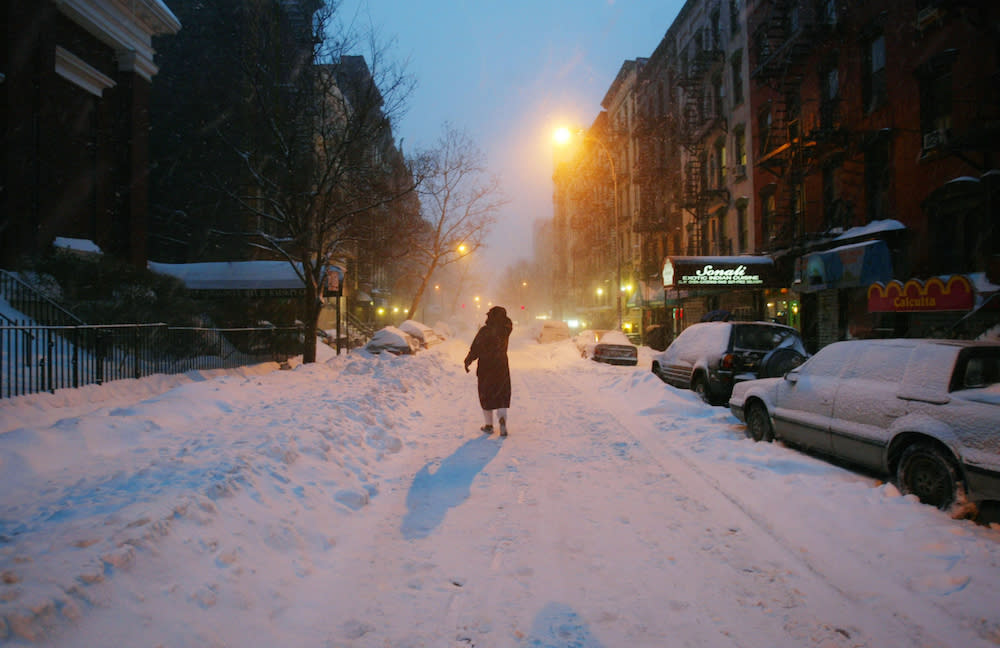There’s actually a scientific reason why the world gets quieter after it snows
One of the most beautiful things about winter is how quiet it gets after the snow has fallen. We’ve never really known why the world gets quieter with fresh snow on the ground, we kind of just assumed it’s because everyone is cozied up indoors with a good book and a cup of hot chocolate. As it turns out, there’s a scientific reason for this strange, but very real phenomenon.
It’s all because of acoustics! Freshly fallen snow acts as its own soundproofing system, according to Science Daily and a study conducted by the University of Kentucky.
“Snow is a pretty good sound absorber,” said David Herrin, an associate professor in the UK College of Engineering who studies acoustics. Herrin explained that snow absorbs sound like many commercial sound-absorbing materials do, like the fibers and foams used in cars and HVAC systems.
“In the audible range, a couple inches of snow is roughly around 0.6 or 60 percent absorbing on average,” Herrin said. “Snow is porous, in some ways like a commercial sound absorbing foam.”
You’ve probably noticed that snowflakes barely make an audible sound when they hit the ground, unlike rain drops. The reason is because snowflakes aren’t very dense and tend to float their way gently onto the ground.
“Rain drops, on the other hand, fall at higher velocities and strike the pavement. You are hearing impact noise,” Herrin added. “With snow, the impact force is much less partly due to the reduced speed.”
Combined with the sound absorption qualities of snow, the silence after a snowfall completely makes sense. And it really is one of the most beautiful things nature has to offer — that is until everyone starts emerging from their homes to play in it.


